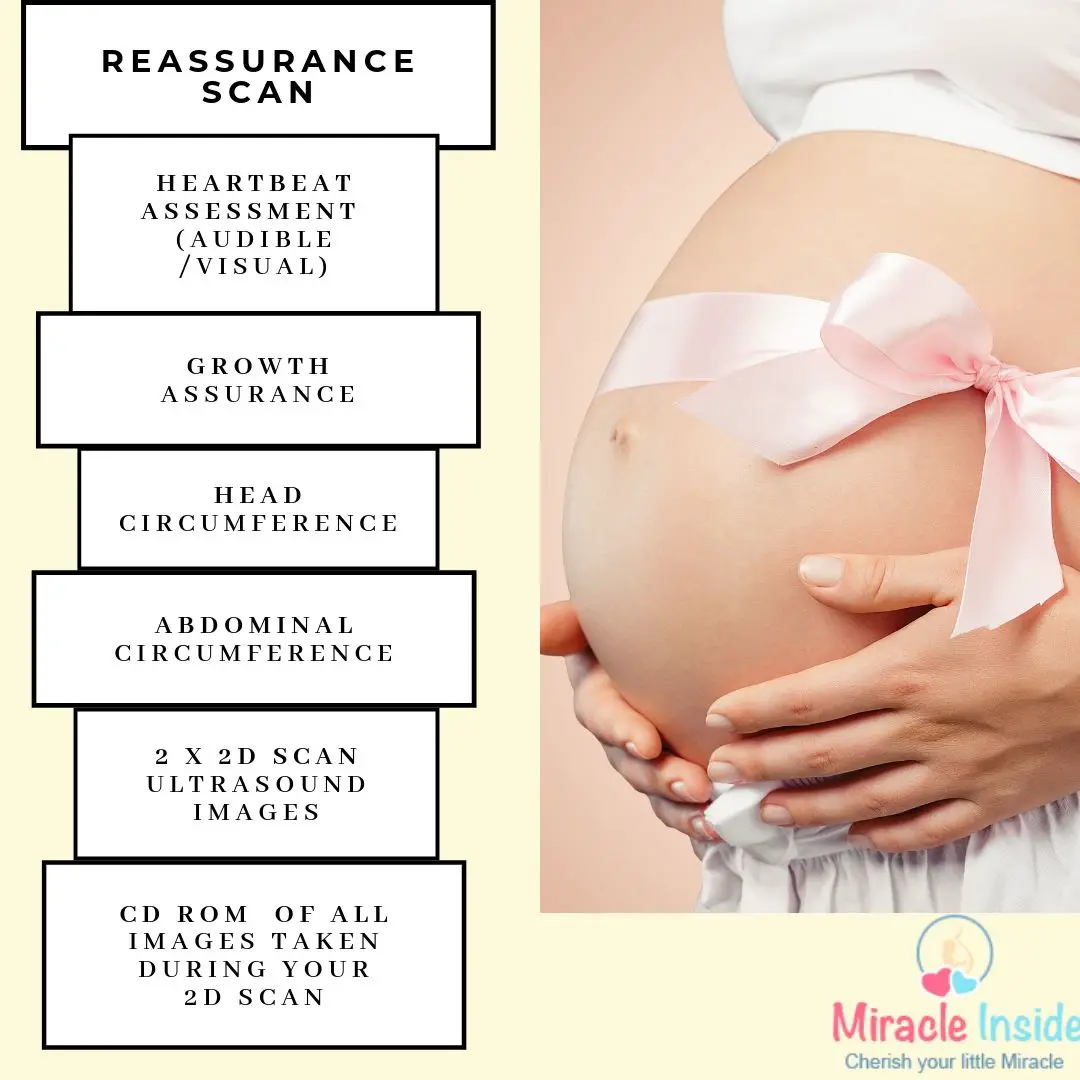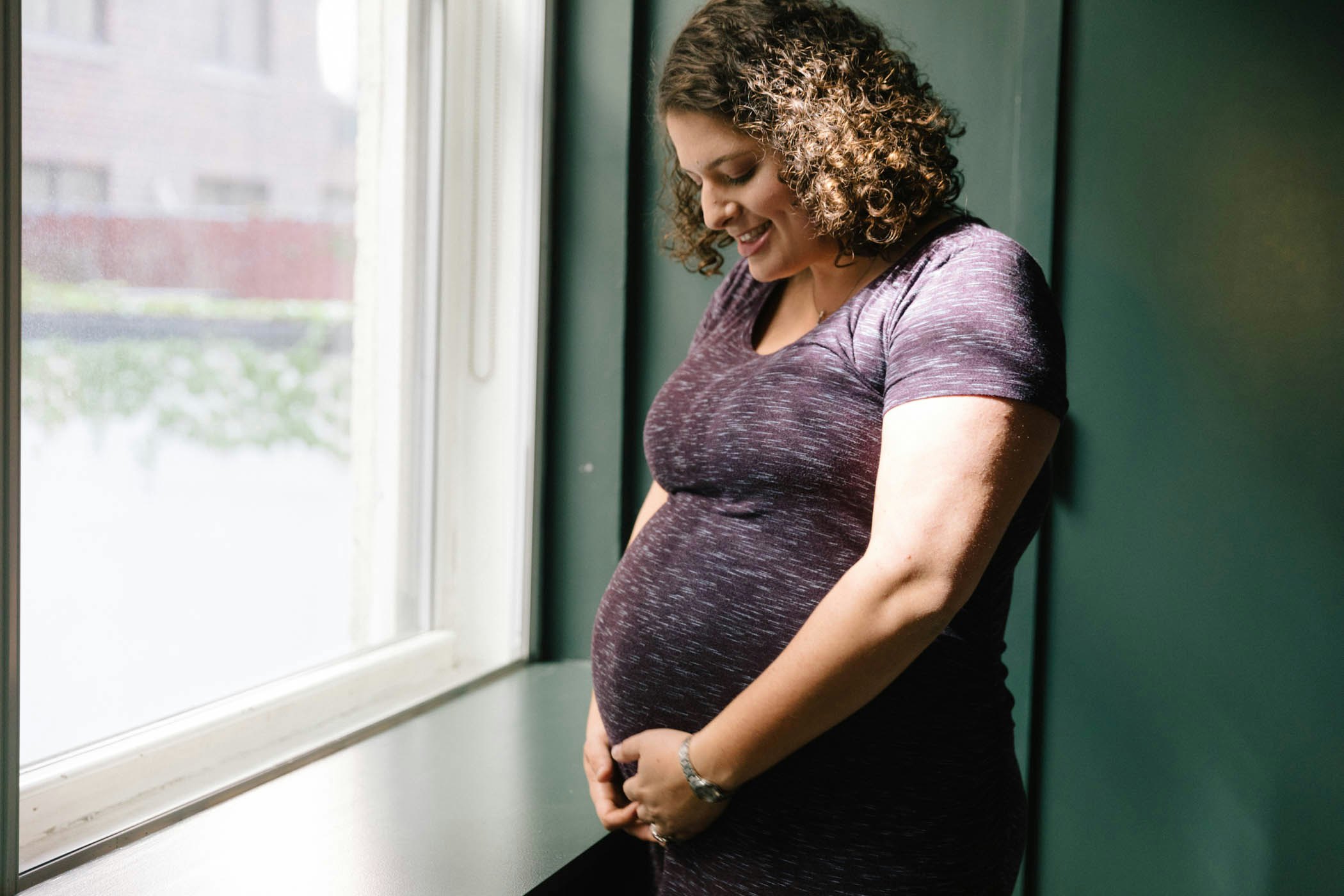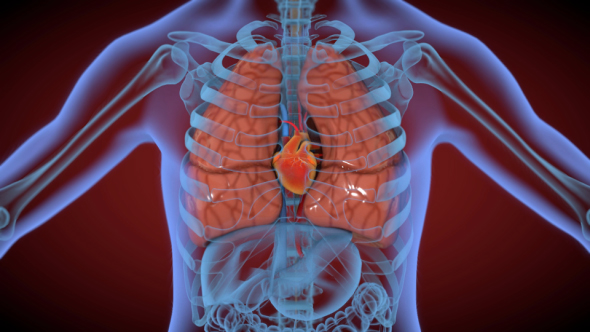
Ask your healthcare provider for exercises you can do. Avoid bending at the waist.Īpply heat, cold, or pressure on your back. Bend down at your knees and keep your back straight. If you have back pain, avoid standing on your feet for long periods of time and change your position often. Pain may be in your lower back and go down your legs. Backacheīack pain is common and usually caused from the strain put on your back from a growing baby and by changes in your posture.

Calling your healthcare provider when you are concerned about your symptoms is always a good idea. It may be hard to tell the difference between normal discomfort from pregnancy and pain that needs urgent attention. Some abdominal pain is normal during pregnancy but there are serious conditions that can cause pain and need urgent attention from your healthcare provider. Notify your healthcare provider if you have pain in your upper abdomen, if you experience vaginal bleeding, if your pain does not go away with rest or lasts longer than an hour, if you have sharp pain on just one side of the abdomen that lasts for more than a few minutes. It often occurs when you cough, sneeze, stand up, sit down, roll over, or during sex. You may feel sharp pains or just a mild pulling sensation. Your growing uterus is pulling and straining the muscles that support it. Lower abdominal pain is normal during pregnancy and is most common between 18 and 24 weeks. Moderate activities like walking may help fight fatigue and increase your energy. Talk with your healthcare provider about exercise. Eat a healthy, balanced diet to bolster your energy. If fatigue is a problem, nap during the day if possible. In your last trimester, you may feel tired again. After 12 weeks, your energy likely will improve. Fatigueįatigue is common, especially during your first trimester when your hormones are changing. These conditions may be uncomfortable, but they're usually not harmful to you or your baby. They’ll be able to form some simple checks to either eliminate an underlying medical condition or arrange treatment if required.Common Changes During Pregnancy: First trimesterĭuring your pregnancy it is normal for you to experience some changes and discomforts that are related to pregnancy.

There are a number of causes of heart palpitations. These symptoms could indicate a more serious problem that should be checked by a doctor straight away. If you have heart palpitations and any of the following symptoms – such as shortness of breath, light-headedness, chest pain or fainting – please seek emergency medical attention. If the fluttering is regular and up to about 100 beats a minute (just under two a second) it’s rarely a cause for concern.


It’s worth checking your pulse at your wrist to see if the timing of the fluttering matches your heart rate. These symptoms don’t usually last too long. Many patients describe a fluttering feeling in the chest area, or their heart thumping or racing. Heart palpitations are the sensation of your heart beating. The fluttering feeling in your rib cage could be heart palpitations.


 0 kommentar(er)
0 kommentar(er)
